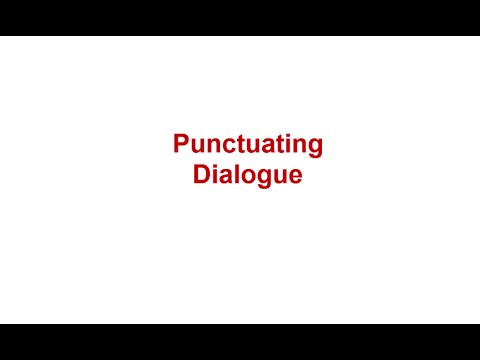Search Resources
Search ThoughtfulLearning.com for a wealth of resources for teaching English language arts, 21st century skills, and social-emotional learning. You’ll find books, online units, minilessons, student models, videos, and much more! Type your search below and add filters to refine the results.
Filter by Grade Level
- Grade K (Remove) Remove Grade K filter
- Grade 1 (Remove) Remove Grade 1 filter
- Grade 2 (46) Apply Grade 2 filter
- Grade 3 (130) Apply Grade 3 filter
- Grade 4 (120) Apply Grade 4 filter
- Grade 5 (174) Apply Grade 5 filter
- Grade 6 (90) Apply Grade 6 filter
- Grade 7 (86) Apply Grade 7 filter
- Grade 8 (218) Apply Grade 8 filter
- Grade 9 (81) Apply Grade 9 filter
- Grade 10 (79) Apply Grade 10 filter
- Grade 11 (73) Apply Grade 11 filter
- Grade 12 (258) Apply Grade 12 filter
Filter by Resource Type
- Blog Post (186) Apply Blog Post filter
- Books (56) Apply Books filter
- FAQ page (28) Apply FAQ page filter
- Infographic (4) Apply Infographic filter
- Minilesson (153) Apply Minilesson filter
- Product Display Classroom (2) Apply Product Display Classroom filter
- State Standard (1044) Apply State Standard filter
- Student Model (98) Apply Student Model filter
- Teacher's Guide Internal Pages (1) Apply Teacher's Guide Internal Pages filter
- Video (31) Apply Video filter
- Writing Topic (346) Apply Writing Topic filter
Search results
Blog Post
Take Note of Podcasts
Blog Post
Eyes on Editing
Blog Post
Youth in Crisis: Address Pervasive Sadness
Blog Post
Focus on Freewriting
Blog Post
Crazy Over Captions
Blog Post
Gauge Your Students' Grammar
Blog Post
Create a Lively Reader Response
Blog Post
How to Create Engaging Writing Prompts
Blog Post
Invigorate Reading Discussions
Blog Post
Listen with Empathy
Blog Post
Best Practices for Writing Conferences
Minilesson
Evaluating Sources of Information
Evaluate sources with a checklist.

Blog Post
How to Evaluate Media
Minilesson
Punctuating Dialogue
Teach quotation marks with end punctuation.
Blog Post
Sandwich Your Quotations
FAQ Page
What are the qualities of writing?
Student Writing Model
Grandpa, Chaz, and Me
Cody, a fourth grader, writes about his wish that his little brother could have known their grandfather.
Student Writing Model
The Day I Took the Spotlight
Fifth-grader Kelli begins this personal narrative with a question that captures the reader’s interest.
Student Writing Model
Musical Arts
The use of an authority’s quotation to open this editorial lends credibility to the writer’s opinion. Seventh-grader Jess backs up her position in subsequent paragraphs.
Student Writing Model
Mir Pushed the Frontier of Space
This report is clearly focused around a specific thesis. It is evident from the writer’s voice that he is interested in and knowledgeable about the topic.
Student Writing Model
Caught in the Net
Kim’s essay uses narration and definition to focus on Internet addiction. This essay predates Facebook, YouTube, Twitter, Skype, and smart phones. How has our definition of Internet addiction changed?
Student Writing Model
Internet Plagiarism
Dan writes a problem-solution essay that focuses on one of the great temptations of the digital age: stealing intellectual property via the Internet. The essay begins by explaining the problem in detail and then shifts to recommending a set of solutions.
Student Writing Model
It’s a Boy!
This model recounts an embarrassing public experience that provided the writer with new insight into teen pregnancy, single parenthood, and social stigmas. The voice of the piece shows the writer's personality and easily connects with readers. Many vivid details make the experience come to life.
Student Writing Model
The Climb
Amy, the author of this personal narrative, effectively uses voice to convey the fear she feels as she ascends a path to an area above a 100-ft. waterfall. Her expert choice of words helps to paint a beautiful picture of her surroundings.
